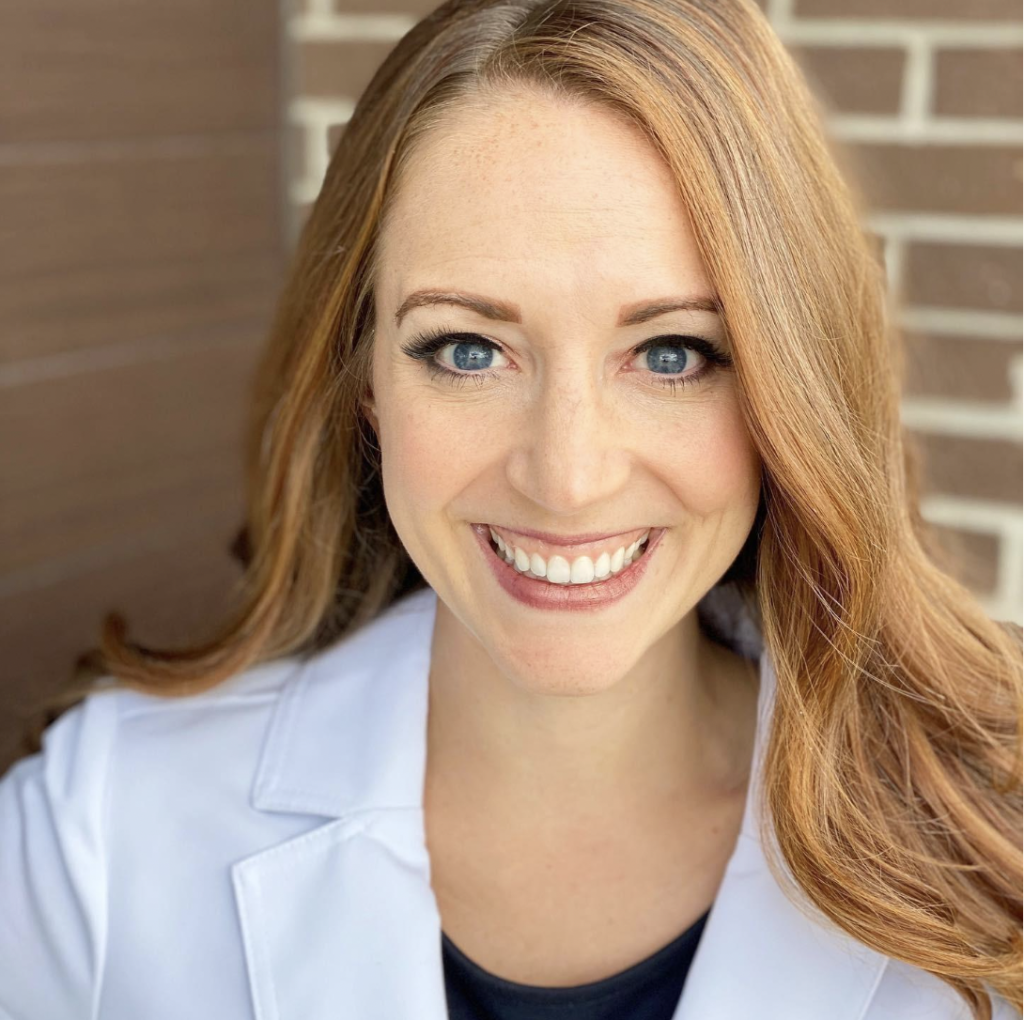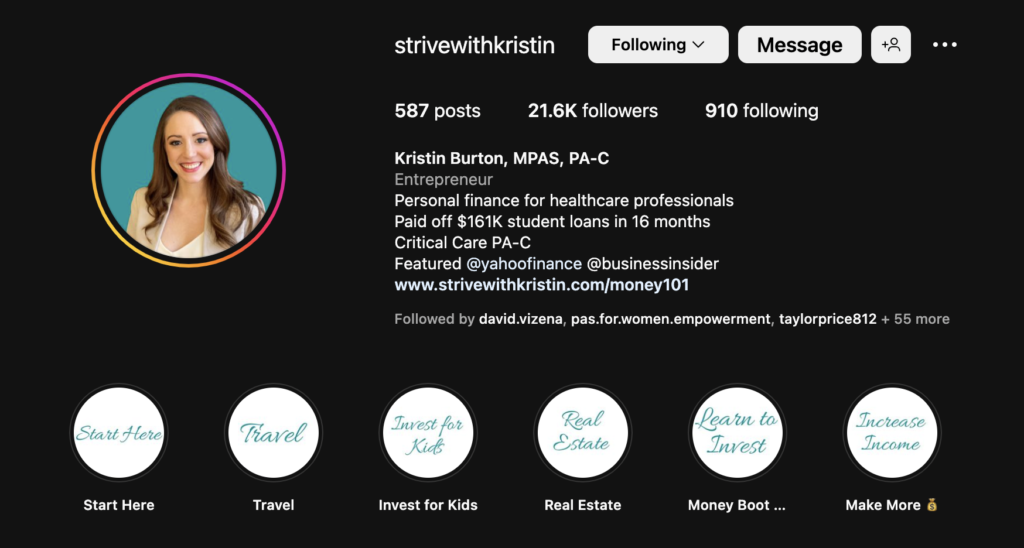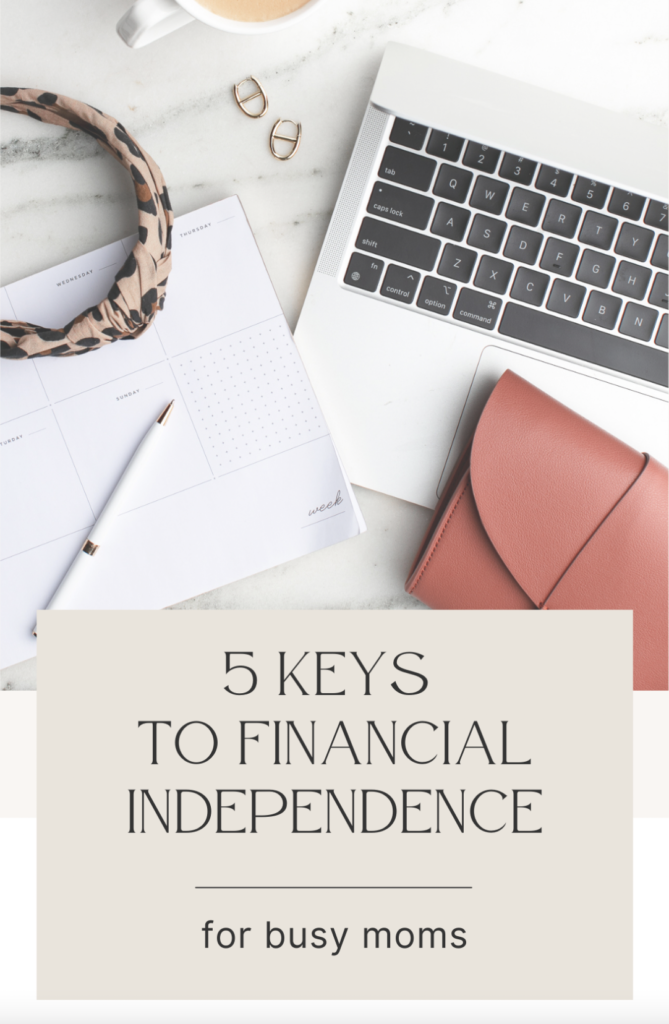Financial independence, that tipping point of your finances where you don’t have to work another day in your life, where you can live off the money generated from your investments, where you become truly work-optional, is the dream for many working PAs. Kristin Burton is going to share with us all about how to obtain financial independence on this weeks episode of The PA Is In.
Meet Money Maven Kristin Burton

Kristin Burton is currently practicing clinically as a PA in pulmonary and critical care medicine. She is adjunct faculty at Butler University and a former board member of Indiana Academy of Physician Assistants. She is also the founder of Strive Coaching, a company devoted to the promotion of financial literacy to healthcare professionals.
After attending PA school, Kristin accumulated $161,000 in student loans. Through diligent focus, keeping expenses low and serious hustle, she and her husband paid her student loans in full in just 16 months. She now helps other PAs and healthcare professionals to obtain financial independence, invest wisely, and be good stewards of their money and financial futures.
Watch on YouTube

Obtaining Financial Independence
Financial Independence is defined as the total amount of money in all of your accounts that will sustain you for the duration of your expected life. The simple way to figure the number is to take your household annual expenses, multiplied by 25 gives you the number that you can retire at 65 with. There is a much more detailed way to calculate your financial independence number if you want to get into the weeds with calculating your number for financial independence.
When it comes to making changes in our financial lives, Kristin shares that we overestimate the changes we can make in 1 year of progress and underestimate the changes we can make in 5 years. Small changes, delaying pleasure, having a budget and focusing on smart money moves can make significant changes in a few years.
Order of Operations for Investing for Financial Independence
You may remember when I shared how to save for retirement as a busy working mom or the 5 keys to financial independence and Kristin shares a lot of those same sentiments. When it comes to order of operations for investing, here’s what Kristin recommends.
Step 1 – Contribute to your 401k up to your employer match.
Employer match is an immediate 100% return on investment. Contributing up the match immediately doubles your money and takes full advantage of this benefit.
When funding your 401k (or 403b) you get a tax break on that money, you don’t pay taxes on it at the time of your income being earned. Instead you pay taxes in retirement when you withdraw those funds.
Step 2 – Fund a Roth IRA, outside of your employer fostered plan
Funding a Roth IRA means that you pay taxes on that money when you earn it, but then the money grows tax free and you do not pay taxes at the time of withdrawal.
Step 3 – Health Savings Account
HSA (Health Savings Account) is the most tax-favored way to invest. In order to participate in an HSA you have to have a high deductible health insurance plan that you are participating in through work.
A Health Savings Account, unlike a dependent care or healthcare FSA (Flexible Spending Account), is not a use-it or lose-it by the end of the year situation. HSA can be used for healthcare expenses over the lifetime of the investment and, if it isn’t used, it can be invested, tax free, and used to spend on healthcare expenses down the line.
Step 4 – Max Out Your 401k or 403b
Circle back and complete your 401k or 403b investment the rest of the way, until you meet the contribution limit, if you can.
Ultimately a good rule of thumb is to be investing 20% of your gross income, invested consistently throughout your career, will help you to be well on your way to that key number of financial independence.
Step 5 – Brokerage Accounts & Real Estate Investments
Once you’ve taken advantage of the 401k match, fully funded a Roth IRA, used HSA if that option is available to you and come back to max out the 401k, if you have additional funds to invest, look to contribute to a brokerage account or consider investing in real estate.
Having “FU” Money
When we talked about financial freedom, the topic of FU money came up. What is FU Money?
Essentially enough money to do what’s best for you and your family when life happens – that’s what Kristin calls “FU” Money. Money for when you need to make a change, decide to walk away or transition from one role to another, take a step back from working. Essentially money to be able to roll with the changes that come in life. If you want to learn more about funding your own FU Money Fund, head to www.strivewithkristin.com/fumoney
Having that FU money is a key to unlocking financial independence in your life and future.
Follow Kristin on Instagram

